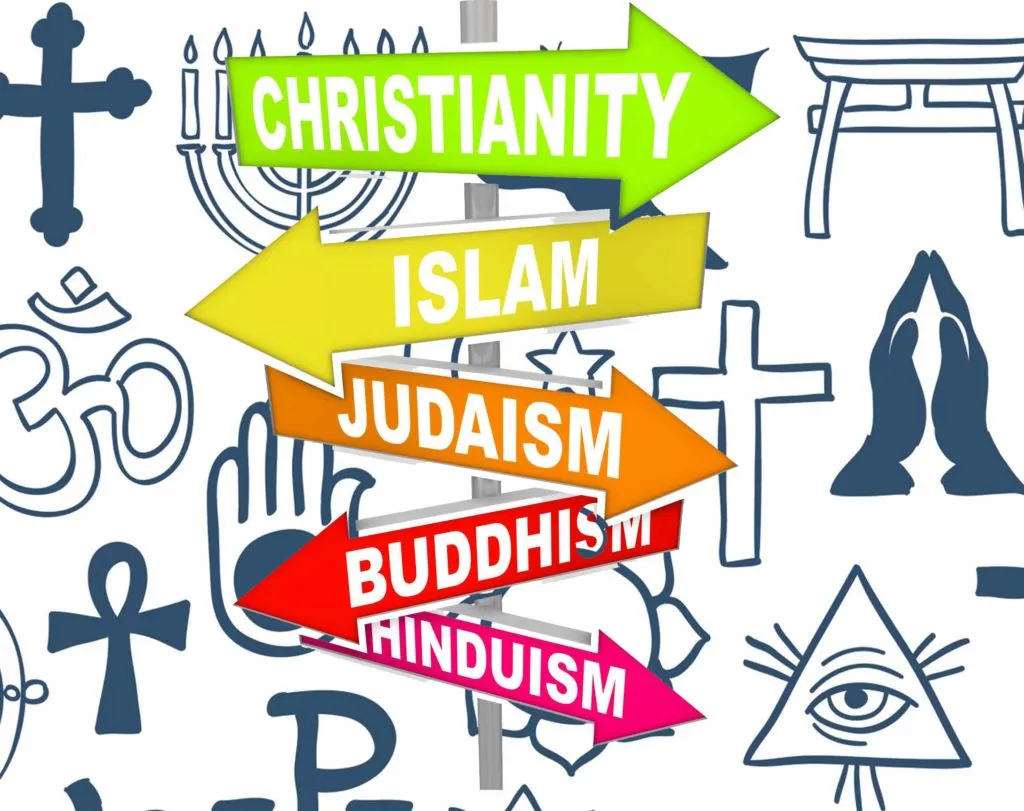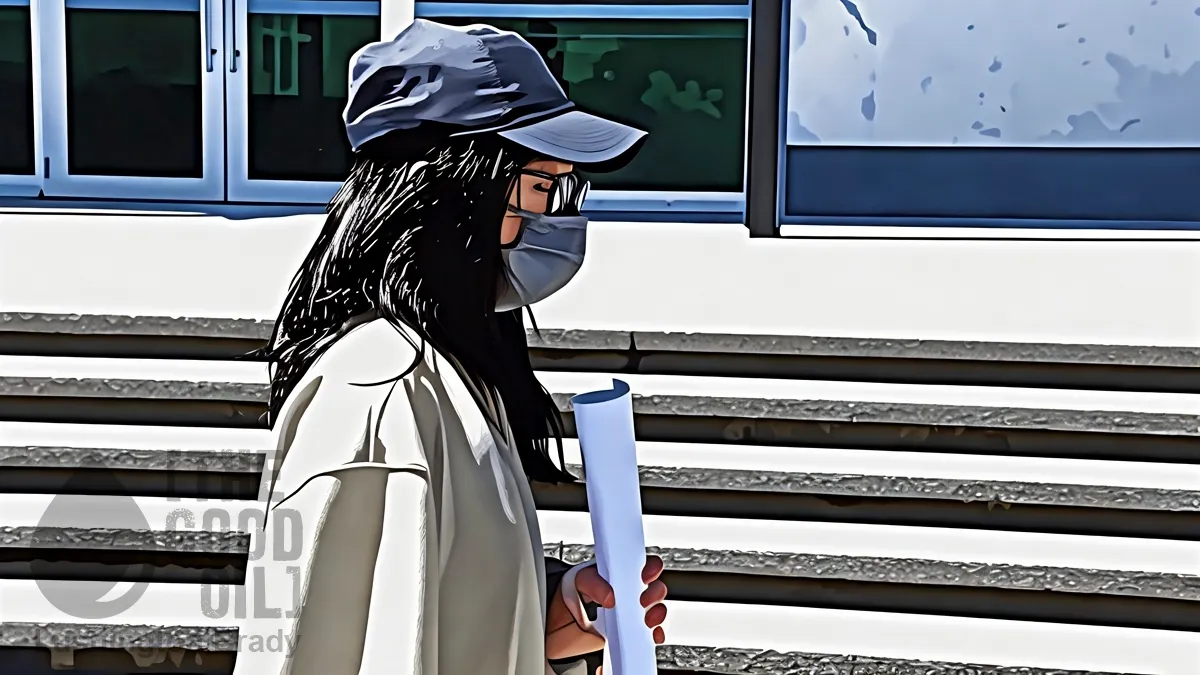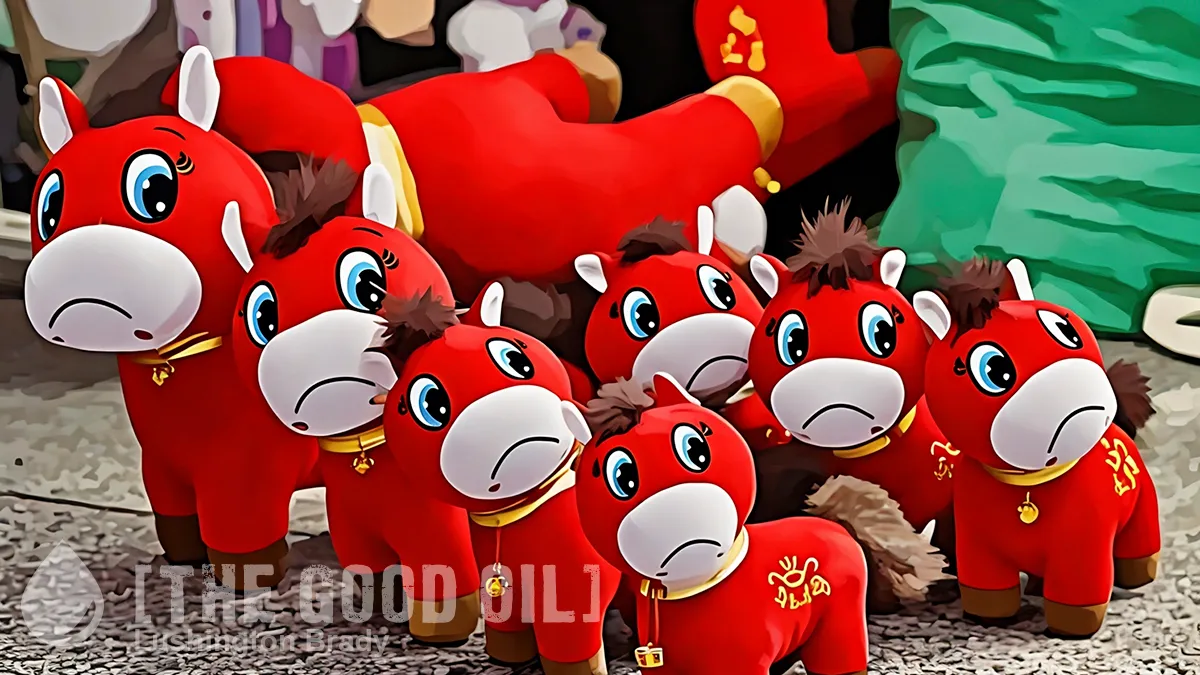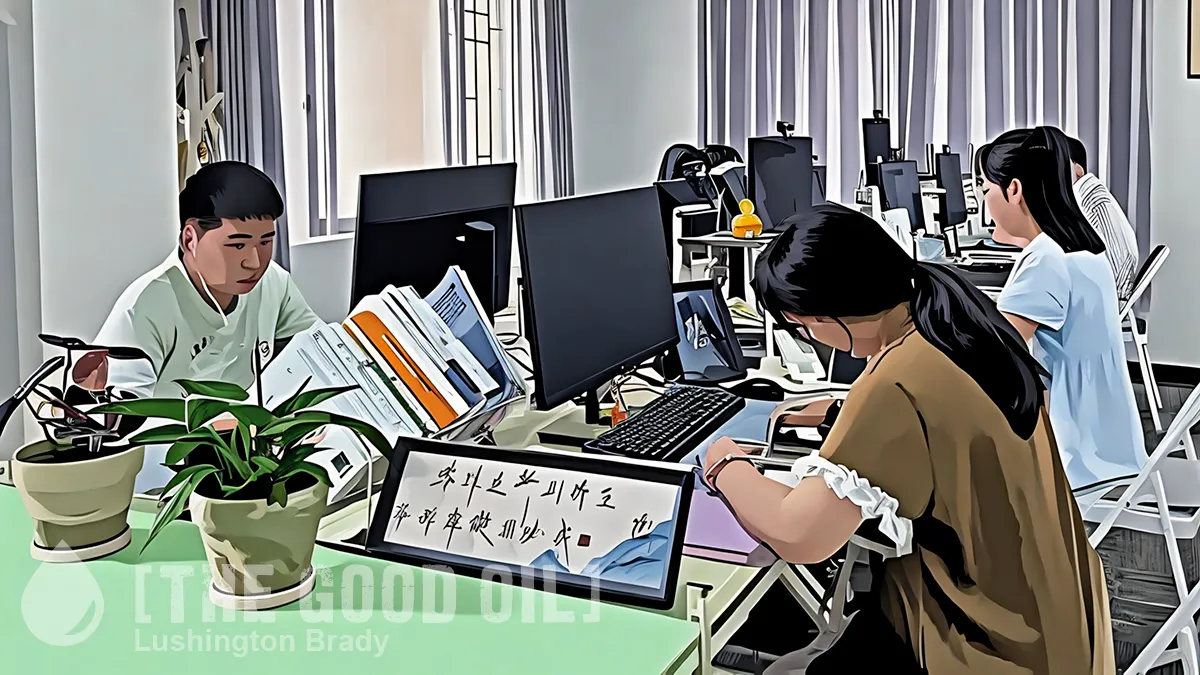Table of Contents
Antonio Graceffo
Antonio Graceffo, PhD, China-MBA MBA, is a China economic analyst teaching economics at the American University in Mongolia. He has spent 20 years in Asia and is the author of six books about China. His writing has appeared in The Diplomat, South China Morning Post, Jamestown Foundation China Brief, Penthouse, Shanghai Institute of American Studies, Epoch Times, War on the Rocks, Just the News, and Black Belt Magazine.
“Cultivate and Practice the Core Socialist Values, Ushering in the Sinification of Christianity” — the Chinese Communist Party’s five-year plan on co-opting religion is moving into a new phase.
As of September 1, the CCP has tightened its restrictions on religious freedom with the Administrative Measures for Religious Activity Venues, requiring religious venues to “support the leadership of the CCP, endorse the socialist system, and thoroughly implement Xi Jinping’s new era of socialism with Chinese characteristics.”
Instead of recognising the new law as a departure from religious freedom, China’s National Religious Affairs Administration claims that it is for “the protection of the legitimate rights and interests of religious activity sites and religious believers.” The government mouthpiece, Global Times, claimed that believers had requested the new law, believing it would protect their rights.
Subtle strictures
The new rules will prohibit the use of religious venues to harm national security. As always, national security is not expressly defined and can apply to any activity disapproved of by the CCP. In a particular blow to the religious freedom of Xinjiang, Tibet, and Inner Mongolia, the law requires houses of worship to use only Han Chinese (Mandarin) language and script.
It also mandates “the correct distinction between ethnic customs and religious beliefs.” This law comes on the heels of a recent crackdown on the use of Mongolian language in Inner Mongolian schools. Additionally, the new law would make Mongolian Buddhist sutras illegal. The same applies to Tibet, where a similar form of Buddhism is practised.
Stripping ethnic people of their language and religion amounts to cultural genocide. Furthermore, Tibetan children have been forcibly assimilated, residing apart from their parents in government-run dormitories. As a result of Beijing’s policies, Freedom House ranks Tibet as “not free“.
In China’s Xinjiang Uyghur Autonomous Region, Muslims are also being subjected to forced assimilation, with Beijing aiming to ensure that “the public [in Xinjiang] holds correct views… on ethnicity, history, and religion” and to “foster a consciousness of a united Chinese nation.”
Additionally, both the Quran and the Christian Bible have been rewritten to better align with the CCP’s agenda, promoting “the core values of socialism” and adhering to the direction of “Sinicization of religion.”
This year’s legislation is an extension of the Five-Year Planning Outline for Advancing the Sinification of Christianity (2018-2022), which pertains to Protestantism, and the Five-Year Work Plan for Advancing Adherence to the Direction of Sinification of Catholicism in our Nation (2018-2022), as well as the Five-Year Work Plan for Advancing Adherence to the Direction of Sinification of Islam in our Nation (2018-2022). Similar language was included in all three plans, with only the name of the religion changed:
“The Catholic Church in China should thoroughly study and implement the spirit of the series of important addresses by General Secretary Xi Jinping and the National Conference on Religious Work, continuously leading the entire nation’s clergy and congregation to adhere to the direction of the sinification of Catholicism.”
The new rules state that religious venues “shall not use religion to interfere with administrative, judicial, educational and social life.” This type of language has been used in the past to compel Muslims to consume pork and alcohol or to coerce adherents into working on their religious day of rest.
Not only have religious texts been altered, but the new law states that a place of worship may only continue to operate if it “carries out an in-depth implementation of Xi Jinping thought of socialism with Chinese characteristics in the new era.” To achieve this, they must promote CCP propaganda.
The law reaffirmed the authority of the CCP to select priests, pastors, imams, and monks based on their “love for the motherland and support for the leadership of the CCP and the socialist system.” This includes the CCP’s authority to select the next Dalai Lama and appoint Catholic Bishops.
In addition to the CCP bypassing the Vatican to appoint bishops, Chinese Catholics are not permitted to recognise His Holiness the Pope or be in communion with the Vatican. In September, during His Holiness’s visit to Mongolia, Beijing prevented members of the state-approved Chinese Catholic Patriotic Association from travelling to Ulaanbaatar to see him. Some Catholics were even detained for attempting to organise a pilgrimage.
Contrasts
The Pope’s visit to Mongolia underscored the dire situation of religious freedom in China and its implications for religious freedom in Inner and East Asia. Mongolian Catholics were free to celebrate Mass with the Pope. A group of 90 Catholics from Vietnam, including seven Bishops, also made their way to Mongolia.
While religion has struggled in Communist Vietnam, the Hanoi government has been in direct communication with the Vatican each year since 2009, allowing the Pope to send an annual delegation. Earlier this year, Vietnam’s President Vo Van Thuong met with His Holiness at the Vatican. The Vietnamese government has since agreed to allow a permanent Holy See office, a papal representative in the country.
The Vietnamese Catholics visiting Ulaanbaatar asked His Holiness if he would visit Vietnam, and he answered hopefully: “If I do not go [to Vietnam], I’m sure that [a future Pope] John XXIV will go!”
There is hope that religious freedom in Vietnam will improve, while in China, the situation worsens. Meanwhile, in neighbouring Taiwan, the people enjoy complete religious freedom. The island nation’s 300,000 Catholics are in communion with the Vatican, and the Holy See (Vatican State) is one of the 14 remaining countries that recognise Taiwan’s independence.
Taiwanese Catholics pray that the People’s Republic of China (PRC) will eventually allow true religious freedom. On the other hand, there has always been concern that Xi Jinping might offer to allow communion with the Vatican if His Holiness switches his recognition from Taiwan to the PRC. However, with each tightening of Xi’s grip on religious freedom, that possibility becomes more remote.









